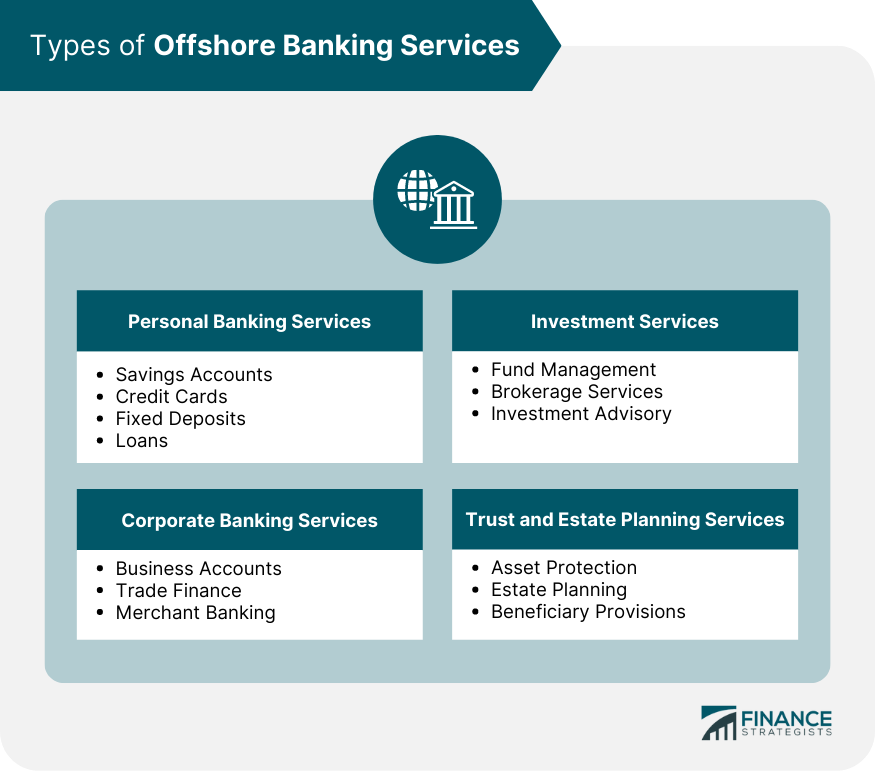Unlock Worldwide Opportunities with Offshore Company Formation
Recognizing the Legal Ramifications of Offshore Firm Formation

Lawful Framework for Offshore Firms
When developing an overseas business, understanding the lawful structure regulating its formation and operation is important for compliance and risk monitoring. Offshore companies operate under particular legislations and laws that differ from those of onshore entities. The legal structure for offshore firms typically consists of provisions for firm registration, shareholder requirements, director obligations, and tax responsibilities.
Firm registration involves submitting the essential documentation to the suitable regulative authorities in the picked jurisdiction. This procedure usually requires comprehensive info concerning the business's structure, investors, and desired tasks. Additionally, overseas business need to stick to details shareholder demands, such as keeping a register of investors and keeping this information approximately date.
Supervisors of overseas companies have fiduciary tasks to act in the finest passions of the firm and its shareholders. By sticking to the lawful structure regulating offshore business, companies can operate with self-confidence while minimizing legal threats.


Tax Ramifications and Regulations
Understanding the tax effects and policies is vital when considering the establishment and operation of an overseas company. Offshore business are often subject to beneficial tax regimens, offering decreased or zero tax obligation prices on foreign-earned revenue.
Tax policies for offshore business differ considerably throughout territories, and it is critical to seek professional guidance to comprehend the specific demands and commitments. Failure to follow tax laws can lead to serious effects, consisting of hefty fines, reputational damage, and also lawsuit. In addition, offshore jurisdictions may have reporting obligations to disclose financial information to pertinent authorities. Thorough expertise of tax obligation legislations and policies, as well as appropriate tax obligation preparation, are crucial to make certain the effective and certified operation of an overseas company.
Conformity Demands and Coverage
Making sure compliance with regulatory needs and preserving exact reporting are crucial elements of taking care of an offshore firm effectively and transparently. Offshore companies have to abide by the legislations and regulations of both the jurisdiction in which they are included and any various other relevant territories where they perform company. Conformity requirements usually consist of submitting annual returns, economic statements, and tax records with the go to my site ideal authorities. Failure to fulfill these responsibilities can cause fines, fines, and even the retraction of the company's registration.
Along with regulatory compliance, offshore companies are typically based on reporting demands to make sure openness and prevent unlawful activities such as money laundering or tax evasion. Reporting obligations might entail disclosing information concerning the business's ownership structure, financial tasks, and recipients. This information might require to be shown regulative bodies, tax authorities, or other governmental agencies, relying on the territory.
Keeping detailed and exact records is essential for demonstrating conformity and replying to any questions or audits successfully. Offshore business ought to implement durable coverage devices and internal controls to make Discover More Here certain that they satisfy all legal needs and run with honesty.
Asset Protection and Personal Privacy Regulations
In the realm of overseas business development, a critical factor to consider is the interplay in between possession protection approaches and privacy regulations. Offshore territories typically offer boosted possession defense systems that secure properties from potential risks such as suits, creditors, or political instability in the home country. By structuring properties within an offshore firm, individuals can protect their wide range and diversify their holdings throughout various legal structures. Privacy regulations in offshore territories add to maintaining privacy and privacy for company owners. These regulations limit the disclosure of sensitive information, making it testing for external events to access information concerning the company's operations or possession framework. This degree of privacy can be useful for individuals seeking to secure their properties from public analysis or competitors. Nevertheless, it is critical for individuals to browse these regulations morally and transparently, guaranteeing conformity with both overseas laws and the legal requirements of their home nation. Eventually, comprehending the complex partnership in between property protection strategies and privacy laws is critical when thinking about offshore company formation.
Obstacles and dangers to Consider
When venturing right into overseas company formation, sensible factor to consider of prospective threats and challenges is necessary for informed decision-making and tactical preparation. Furthermore, political instability or changes in overseas jurisdictions can position a threat to the connection of operations and the security of assets held by the overseas firm.
Challenges may likewise emerge worrying the complexity of offshore company structures and the requirement for experienced legal and financial recommendations to browse the detailed regulatory frameworks of different territories (offshore company formation). Keeping conformity with differing global regulations and regulations, as well as possible language barriers and cultural differences, can even more make complex the overseas firm development procedure. It is crucial to be aware of these dangers and difficulties before waging offshore company development to reduce possible challenges and make certain a legitimately audio and smooth establishment
Final Thought
To conclude, offshore firm development involves navigating complex legal structures, tax implications, conformity needs, and privacy laws. Recognizing these elements is vital for minimizing obstacles and dangers related to overseas service procedures. It is necessary for services and individuals taking into consideration offshore firm formation to look for professional guidance to guarantee conformity with guidelines and to secure their assets effectively.
The lawful framework for offshore firms usually consists of arrangements for firm enrollment, shareholder news demands, supervisor obligations, and tax obligation obligations.
Supervisors of overseas business have fiduciary tasks to act in the finest passions of the company and its shareholders. By sticking to the legal framework regulating overseas firms, companies can run with self-confidence while reducing lawful threats.
Additionally, political instability or modifications in overseas territories can present a threat to the continuity of operations and the security of properties held by the overseas company. - offshore company formation
In final thought, overseas business development involves navigating complicated lawful structures, tax obligation implications, compliance needs, and privacy laws.